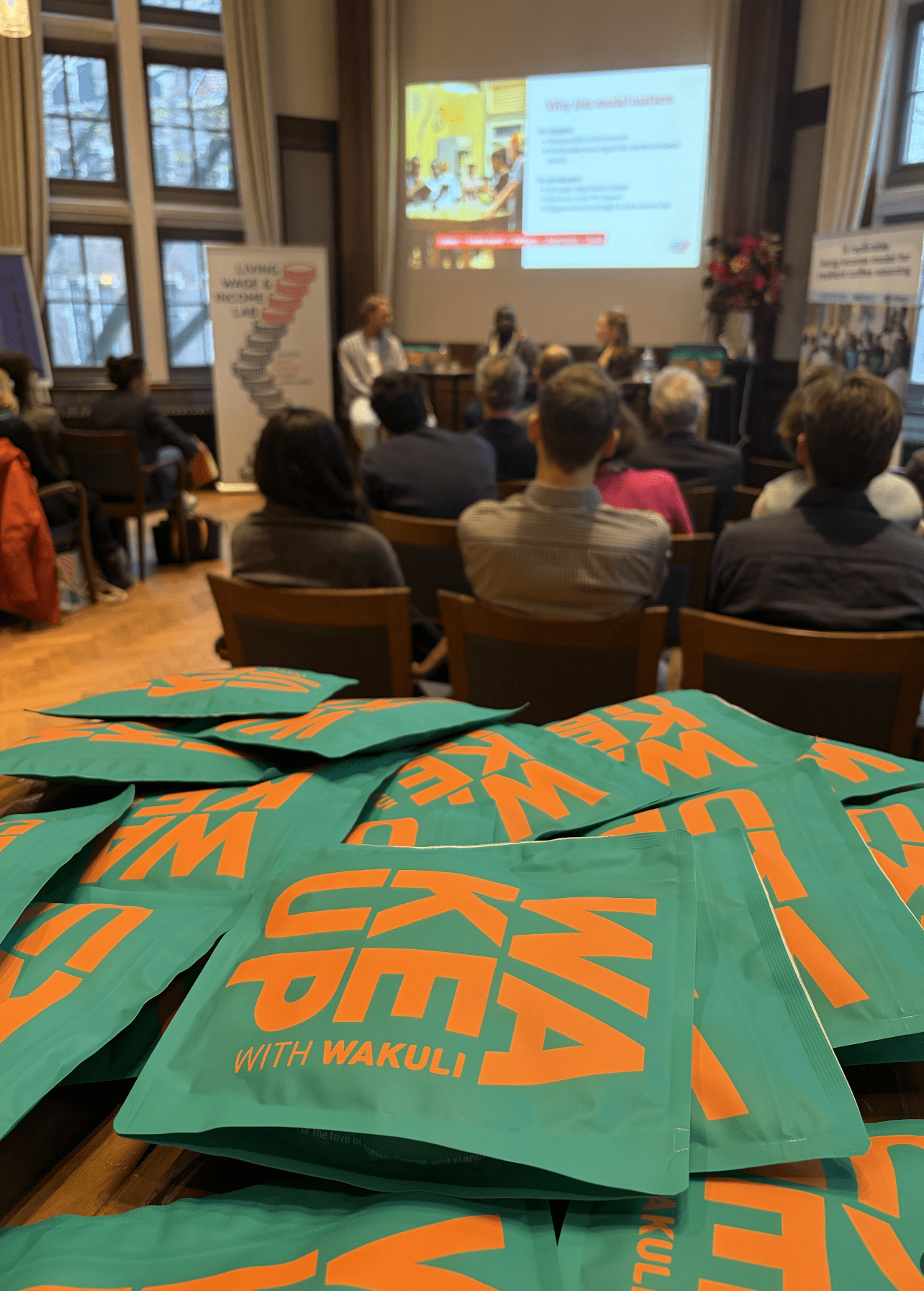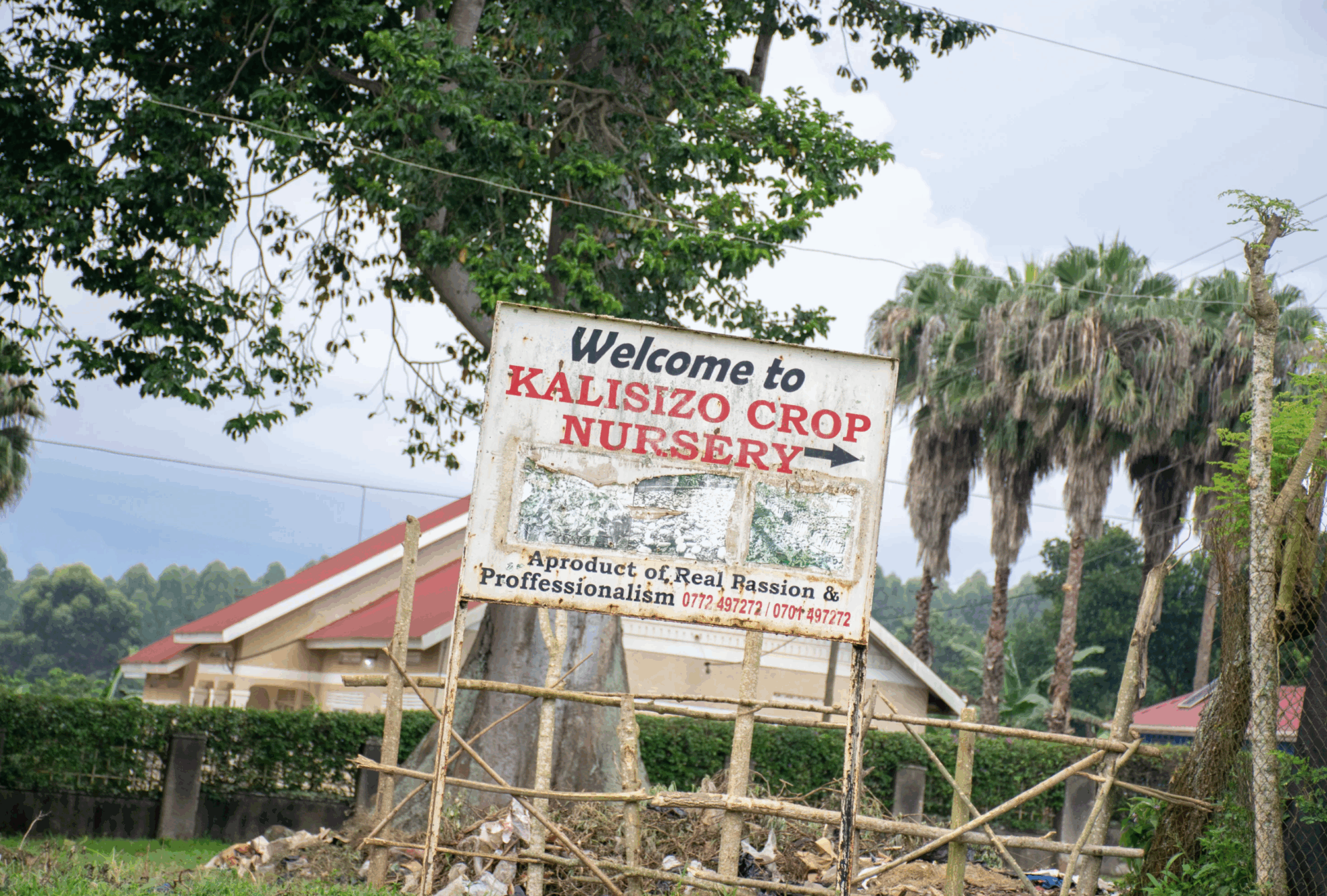On 26 November 2015, Hivos and Fairfood gathered Dutch stakeholders from the agro-food sector to develop and experiment with innovative solutions for living wages in their supply chains.
The wages of many food workers around the world are so low, that they often cannot afford to buy for themselves the food they pick or process every day. Workers in the Thai shrimp processing industry, for example, can only dream of eating something as luxurious as seafood. The consequences of poverty wages are far-reaching for workers and their communities: workers are left with no other option than to work excessive hours and send their children to work instead of school in order to provide for their families’ basic needs.
The goal of Living Wage is to offer a decent standard of living for workers and their families. With a living wage, they can access education, healthcare and nutritious food. These are amenities that enable them to lift themselves, and even their communities, out of poverty.
Our Living Wage Lab follows the change lab approach we also engage in with IIED: a social innovation process where stakeholders work together to be on the forefront of new developments and innovations that aim to solve complex challenges in a lasting and equitable way. Beyond technology, these innovations can be in public policy, new business models, framing of cultural values and behavioural change.
Agro-food producing companies cannot solve the issue of low wages alone. That is why the Living Wage Lab brings representatives from the government, trade unions, producing companies, retailers, NGOs, certification bodies and researchers together, to jointly tackle this issue.
In the words of Olav Boenders, director of a Dutch floriculture farm in Uganda: “The Lab has been hugely inspiring. Bringing all the sectors together that can influence their part of the spectrum is essential to bring about great changes. I am deeply confident that with the Lab we are actually going to bring about changes regarding living wage!”


